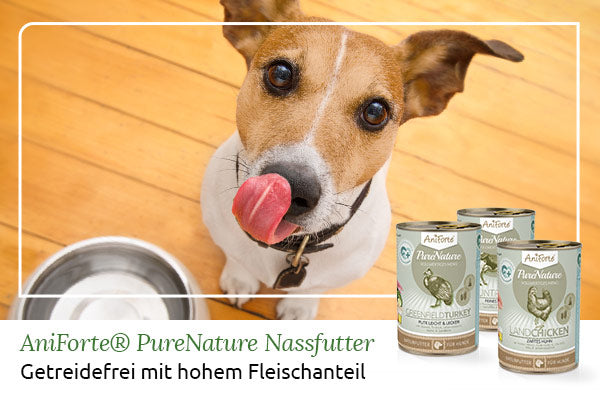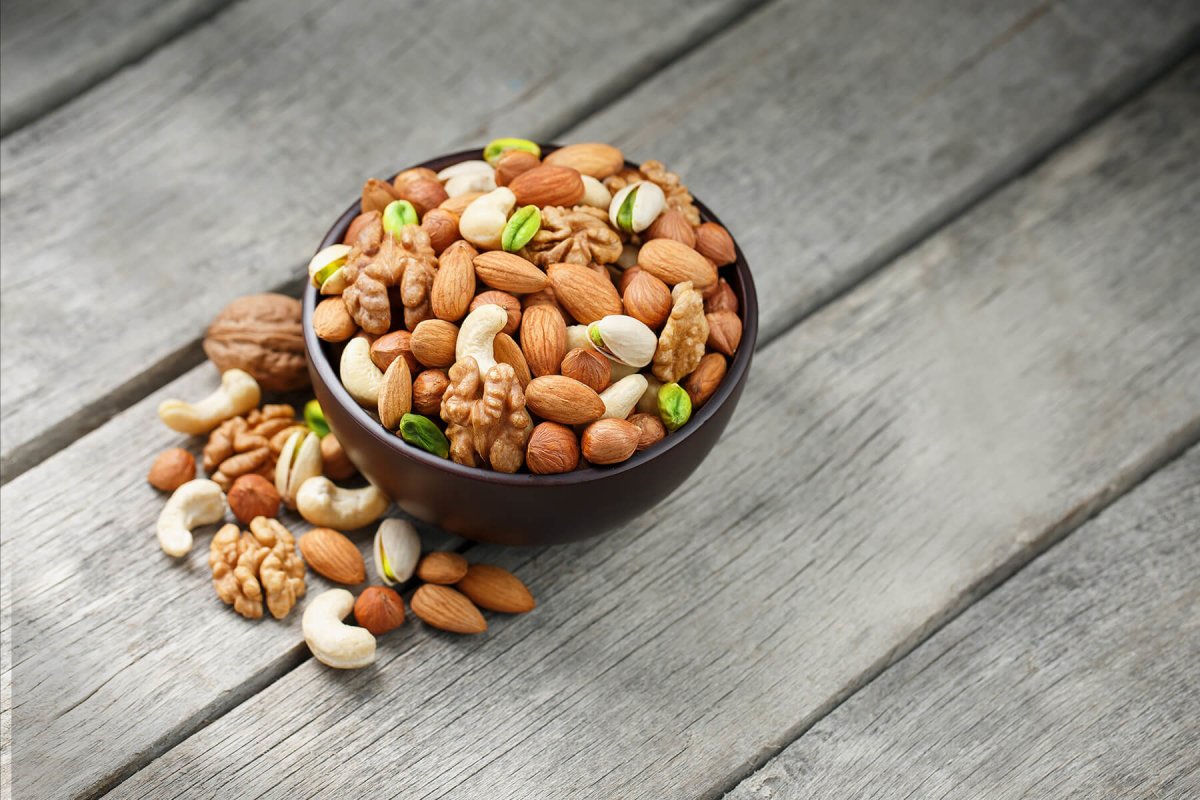Corn is a popular and healthy ingredient for salads, chili con carne or even bread. It's not uncommon for corn on the cob to end up on the barbecue. We even eat corn at the movies, namely in the form of popcorn. But what is good for humans is by no means good for our dogs. That's why we're investigating the question today: Can dogs eat corn?
Is corn good for dogs?
Corn for dogs is healthy and full of important nutrients. The yellow kernels provide plenty of potassium and magnesium as well as vitamins A, B and E. Thanks to its high fiber content, corn stimulates the gastrointestinal tract and aids your dog's digestion. Dietary fibers are indigestible fibers that bind water in the intestines and thus support intestinal movement. The intestinal contents can then be transported more quickly.
Psyllium husks are also very suitable for dogs to support the gastrointestinal tract. They are rich in fiber and have a particularly high swelling capacity, which has a positive effect on digestion and the feeling of hunger - which is an advantage for some breeds of dog.
Do not feed dogs whole corn
Although corn is neither poisonous nor harmful to dogs, it is difficult to digest. For this reason, corn kernels should not be fed to dogs whole. The four-legged friends cannot break down the corn husk and make it accessible to the intestines. Otherwise, the kernels are excreted just as undigested. In addition, dogs rarely chew on the small kernels, they are more likely to be swallowed directly.
So if you want to feed corn to dogs, you should use canned corn or corn flakes. While corn flakes are made to swell with warm water, canned corn must also be pureed. Only then can your four-legged friend digest the valuable ingredients of the grain well. The production of canned corn also aids digestion, as the corn is blanched and pasteurized so that it is soft and can be broken down more easily.

Fresh field corn for dogs, on the other hand, is not suitable as a snack between meals. It is sprayed with weed killers, fungicides and insecticides and often also with growth regulators. These products are not only harmful for dogs, but also for their owners. So stay away from field corn.
Can dogs eat corn despite the carbohydrates?
Corn contains a lot of carbohydrates, which are converted into sugar and cause blood sugar levels to skyrocket. Diabetic dogs and dogs that are overweight should therefore be fed little or no corn.
Another special feature of maize is that it is gluten-free and therefore causes fewer intolerances in dogs than cereals containing gluten such as wheat, spelt or rye. This is because gluten often leads to intolerances in many dogs, which can manifest themselves in diarrhea or coat and skin problems, among other things.
Nevertheless, both cereals containing gluten and maize are inexpensive fillers in animal feed and are often added to dog food. It is therefore not entirely unreasonable that your dog may also develop an intolerance to corn.
Does your dog already have intolerances or allergies? Then you can feed him our high-quality single-protein pure varieties. Pure horse and pure goat in particular are a good alternative for exclusion diets and can be individually supplemented with fresh fruit and vegetables. You have full daily control over additives, sugars and the amount of carbohydrates in your dog's food.
Dogs with behavioral problems should also not eat corn. The amino acids contained in corn prevent the production of serotonin (happiness hormone).
Can dogs eat popcorn?
Popcorn has more calories than canned corn or grilled corn on the cob. If fat, salt and sugar are added, the calorie content increases significantly. Sugar and salt are generally not healthy for dogs, so you should pay attention to how the popcorn is prepared. If you still want to feed your dog popcorn, you should prepare it yourself and not add any sugar or salt. This way, your four-legged friend can also nibble on one or two popcorn puffs.
At a glance: Can dogs eat corn?
- Corn is neither harmful nor poisonous for dogs
- Canned corn should always be fed pureed; corn flakes can be used as an alternative
- Corn contains a lot of carbohydrates and should not be fed to overweight or diabetic dogs
- Popcorn for dogs as a small snack between meals - but without salt or sugar




